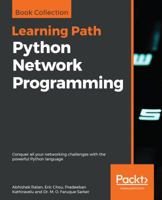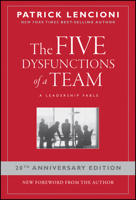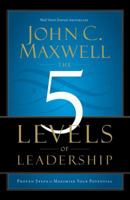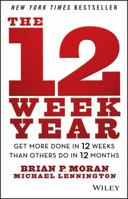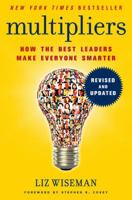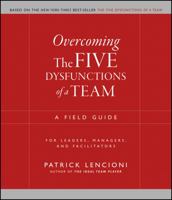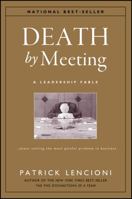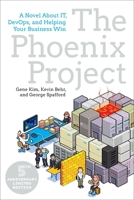Model Building in Mathematical Programming 4th Edition
You Might Also Enjoy
Customer Reviews
Rated 5 starsThe best book on *practical* model building
That's it. It's the best book for learning modeling in a practical fashion. The learning from this book is practical and you'll learn to build practical and useful models.
0Report
Rated 5 starsGreat OR book
This is an excellent book if you want to go deep understanding the true meaning of basic math programs.
0Report
Rated 5 starsExcellent
If there is anything that I would hold against my favorite Operations Research books - it would be the lack of emphasis on model and structure. Williams' book fills in that gap and is an essential companion to every Math Prog book. It is not a cookbook where one can look up a particular problem and the possible ways to model it. Instead, it takes a systematic and very sensible approach to modeling.The three chapters on Integer...
0Report
Rated 5 starsThe Best Book of Its Kind
This is one of the only books I have ever encountered that focuses on the practical aspects of model formulation. This is a frequently overlooked aspect of optimization, but models that are well formulated will often result in superior performance. It is particularly strong in the formulation of mixed-integer problems, with a variety of tips for linearizing variable products and for incorporation of logical constructs. ...
0Report
Rated 5 starsIt's so good!
The book is wonderful. If I have the money, I think I will buy it. Sigh!
0Report













